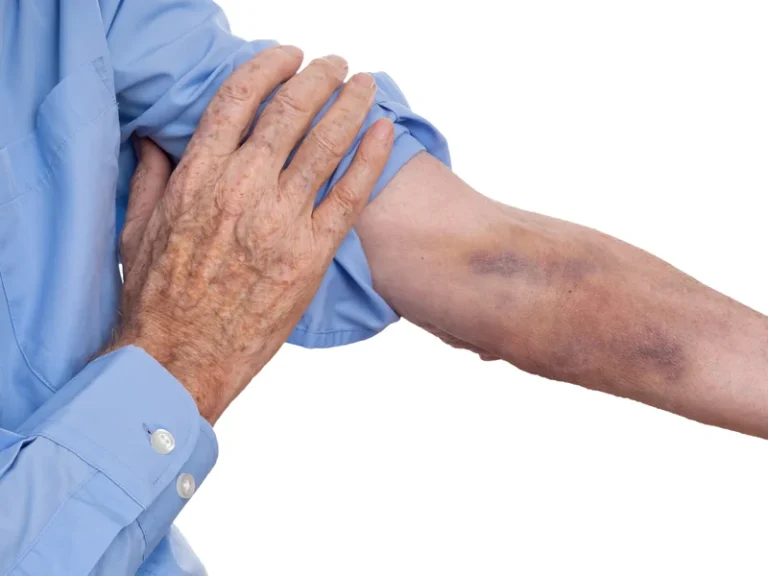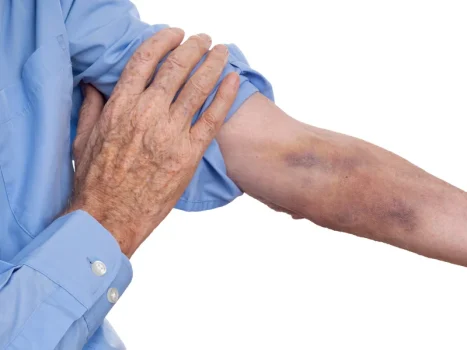
However, asthma experts warn sufferers to choose their drinks carefully, because even low-sulphite wines will contain some sulphites. When we drink alcohol, an enzyme in our bodies called alcohol dehydrogenase (ADH) breaks it down into a compound called acetaldehyde. Another enzyme, aldehyde dehydrogenase (ALDH), then turns acetaldehyde into non-toxic acetic acid (vinegar). What we understand as a ‘hangover’ is made up of a particular set of symptoms – usually a thumping headache, nausea, intense thirst, tiredness and brain fog. This is all happens as a result of drinking alcohol, or more specifically, the series of bodily processes it sets in motion. If you’re a seasonal allergy sufferer, you know all about histamine, a chemical compound that can trigger inflammation and allergic reactions.
- If alcohol brings on your asthma or hay fever, stay away from red wine, since this contains high levels of histamine.
- It may seem unfair that an inherited condition keeps you from enjoying the occasional glass of wine or beer.
- Practicing moderation and being aware of any adverse reactions to alcohol can help individuals make informed choices about their alcohol consumption and overall well-being.
- As mentioned above, symptoms of a beer intolerance can look like an allergic reaction, even if it isn’t actually one.
Sulphites and Airway Symptoms
- With a little research and careful label reading, you may be able to find beer that doesn’t contain that particular allergen.
- One unusual potential source of trouble is fungal spores (mould) from the corks of wine bottles.
- If beer seems to be the issue, it’s probably the yeast, says Dr. Glatter.
- When we drink alcohol, an enzyme in our bodies called alcohol dehydrogenase (ADH) breaks it down into a compound called acetaldehyde.
- In this article, I’ll walk you through the key differences between an alcohol allergy, alcohol intolerance, and other common culprits behind negative reactions to alcohol.
If you have alcohol intolerance, your digestive system doesn’t process alcohol properly. You might also react to certain alcoholic beverages if you have a histamine or sulfites intolerance. In very rare cases, reactions to alcohol may be a sign of Hodgkin’s lymphoma. Before we get to the good news, let’s go over some of the signs and symptoms that point to a potential alcohol intolerance or allergy. Although many people use the terms interchangeably, there are differences between an alcohol allergy and an intolerance. Having an alcohol intolerance is much more common than an allergy.
Histamine Intolerance

Once you notice patterns, your provider may have you try an elimination diet to see if your symptoms improve when you stop consuming something that could be a trigger. A food and symptom diary can help you keep track of when your symptoms https://ecosoberhouse.com/ appear and whether they line up with certain things—such as alcohol. As a result, they cannot prevent histamine from entering the bloodstream and causing symptoms. Research suggests this is one of the most common hereditary disorders in the world, affecting 560 million people, or eight percent of the global population. The highest prevalence (35-40 percent) is among in people of East Asian descent.
Medical Professionals

Some medication requires avoidance of alcohol for the time that you are taking that medicine. It’s important to note that both can be serious and if you suspect you have either, it’s best to consult with a healthcare professional. Get detailed information on whole allergens and allergen components. One study of 948 individuals found that 7.2% self-reported wine intolerance. Avoiding alcohol is the only sure way to prevent an alcohol-related reaction. If your body can’t do this well enough, you will have a reaction.

In some cases, your doctor may observe how your body reacts to a controlled amount of alcohol to identify any immediate symptoms. Symptoms of an allergy or intolerance to beer may occur because you have a sensitivity to an ingredient in beer. Common allergens in beer include gluten, histamine, sulfites, and yeast. Alcoholic drinks can also trigger an allergic reaction to food if you consume the two together, as alcohol can interfere with the gut lining. For example, someone with a wheat allergy may only react after eating allergic to whiskey wheat followed by drinking alcohol or exercising. “This is known as food-dependant cofactor induced anaphylaxis,” Dr Watts says.

Comments are closed.